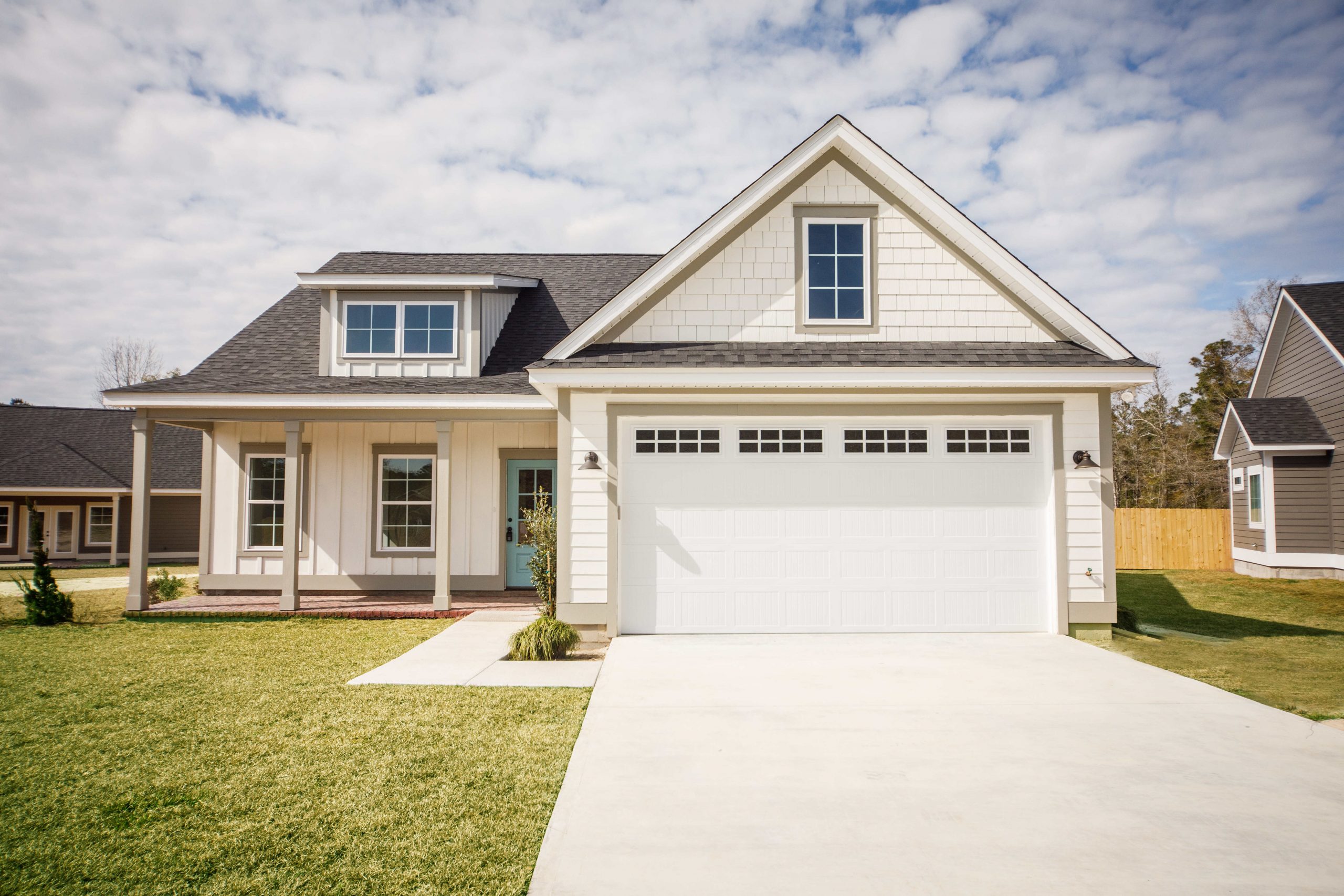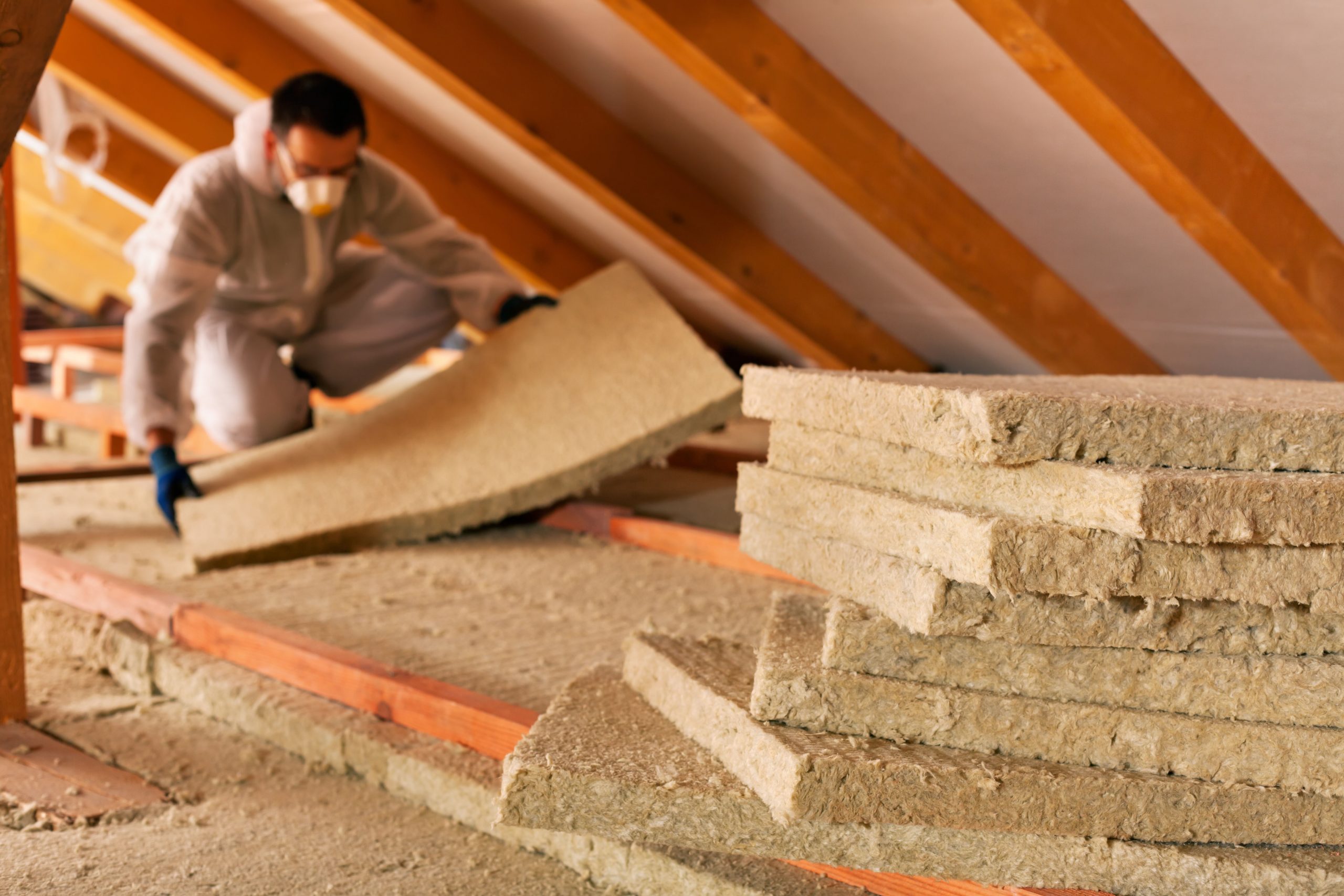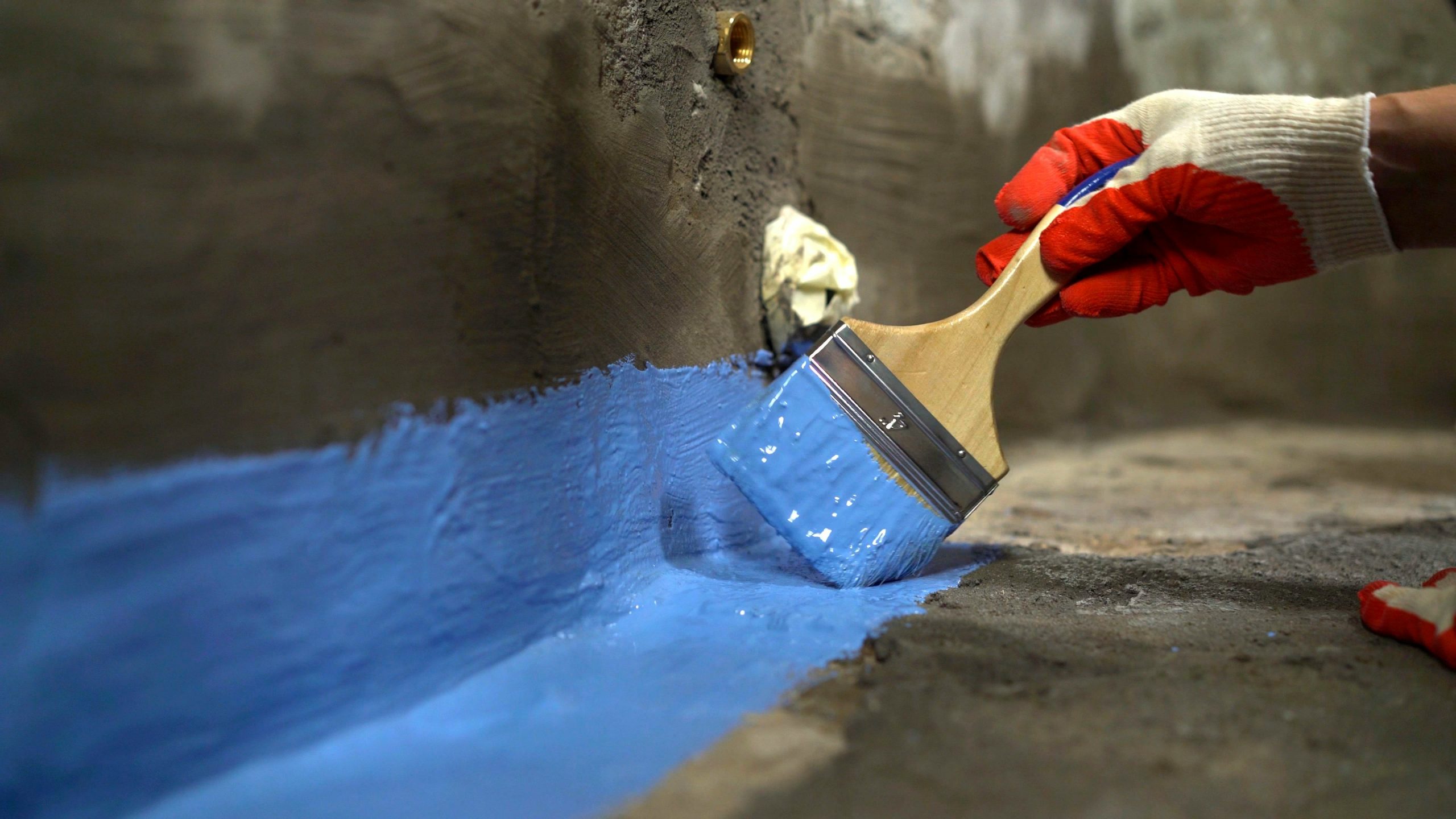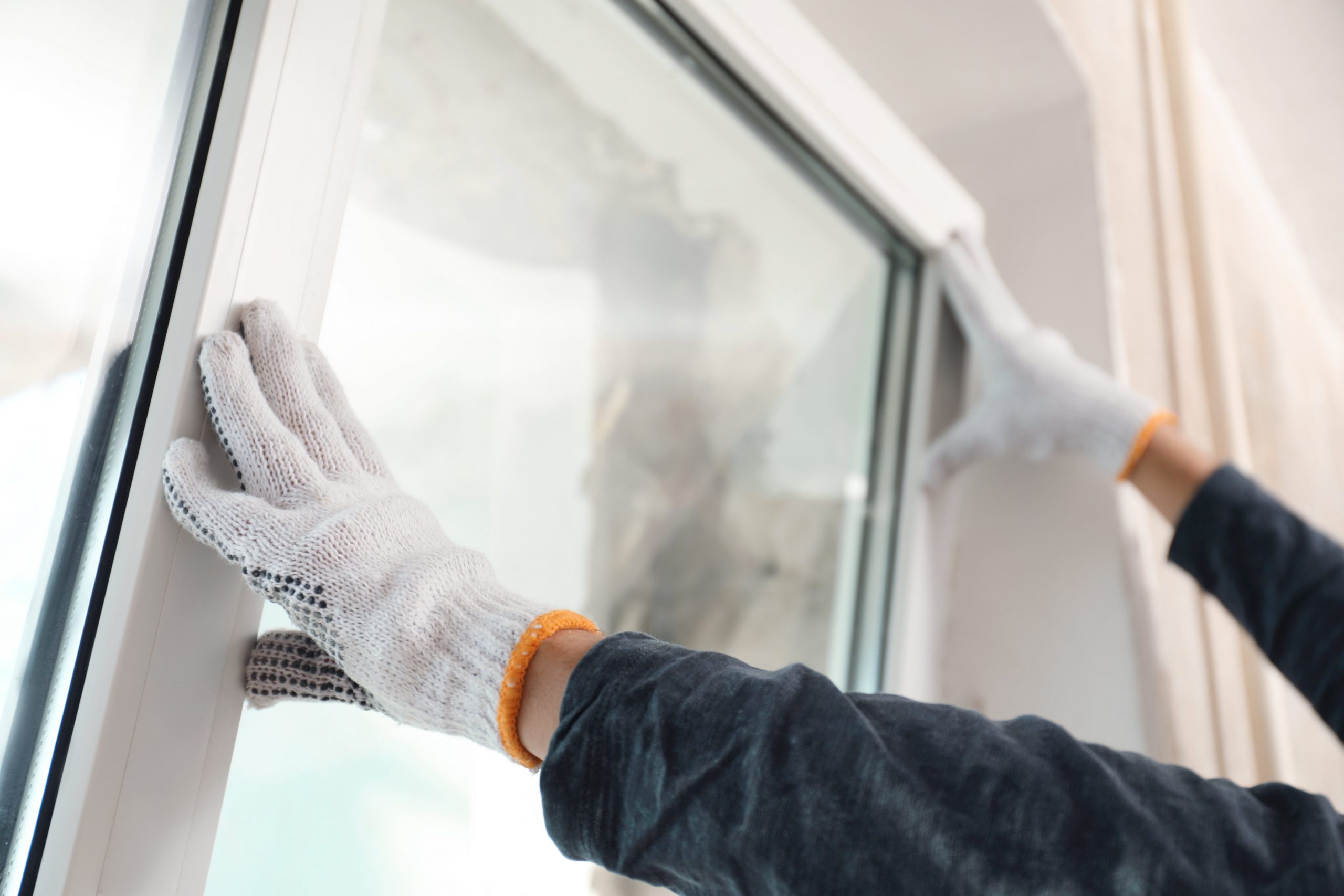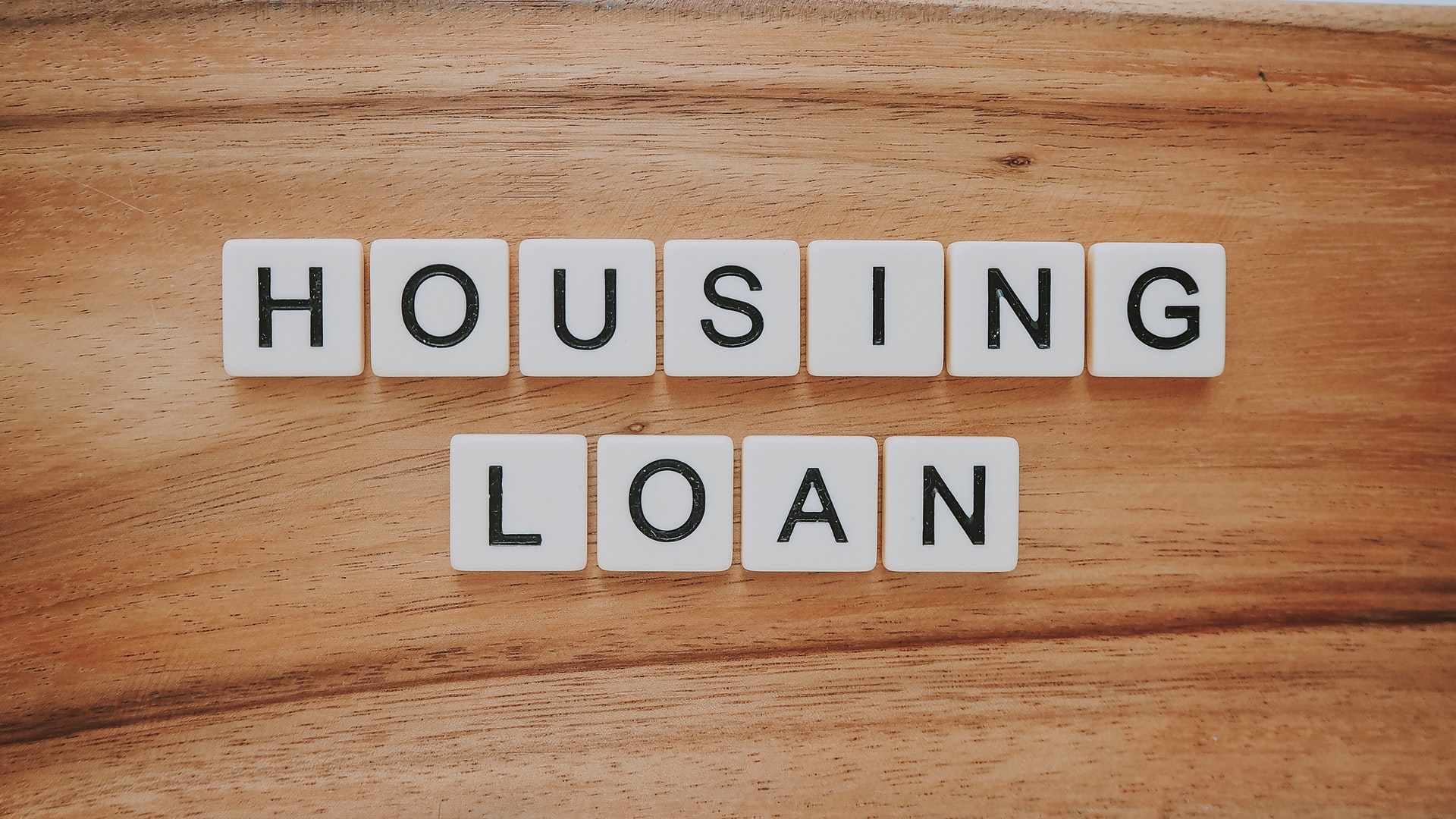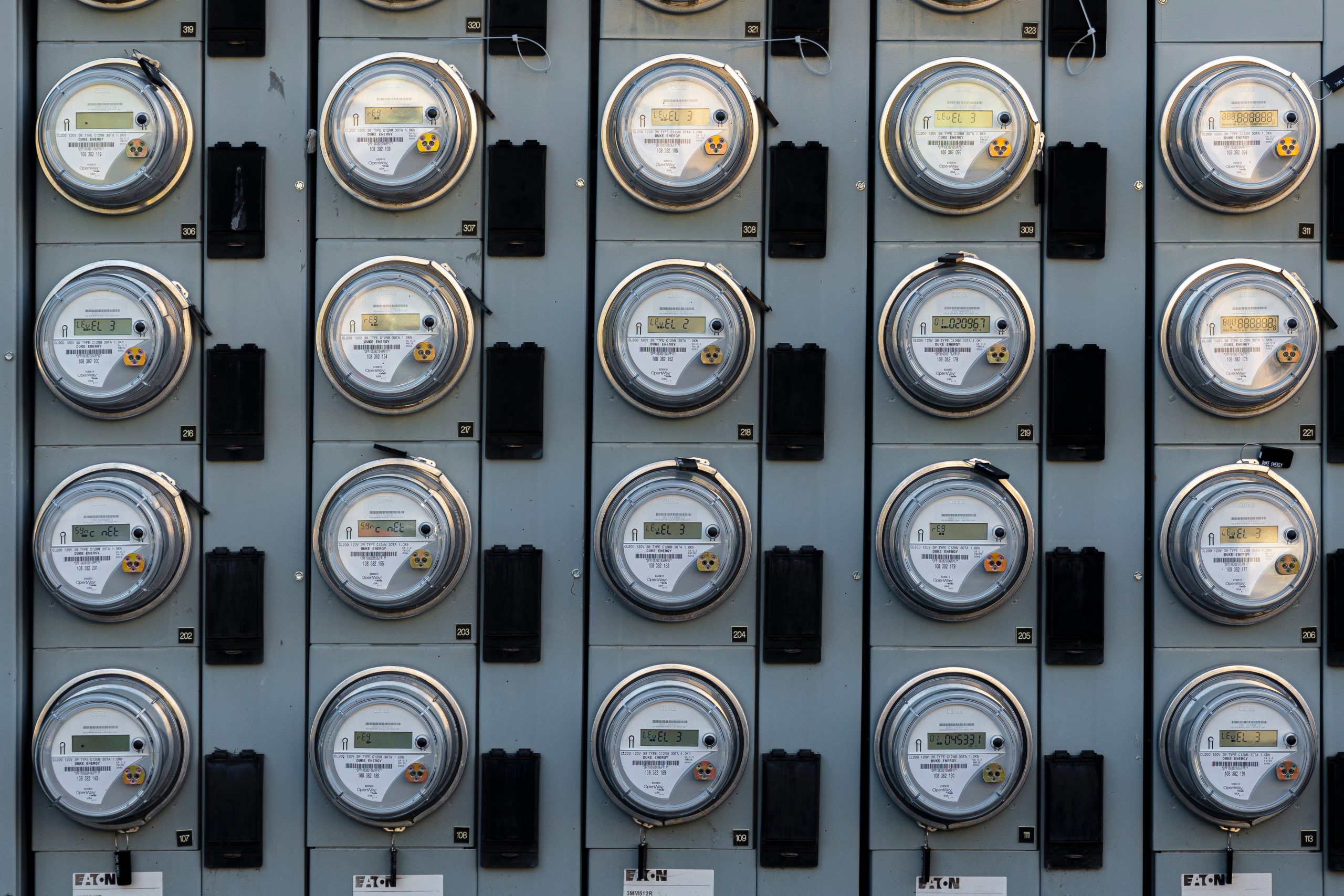Being proactive about pest control is more than just about keeping the “yuck” factor out of your home. It’s also about safeguarding your health, your home’s health, and even your wallet. Dive in with us as we explore the ins and outs of pests, why we should keep them at bay, and how doing so can save you some green.
Why It’s More than Just the “Ick” Factor
Home’s Health
Just as we get sick, our homes can too. Pests, especially wood lovers like termites, can cause serious damage to the structural integrity of our houses. Left unchecked, this can lead to expensive repairs or even make parts of your home unsafe.
Personal Health
It’s not just about being squeamish. Many pests can be harmful, carrying diseases or causing allergies. Roaches, for instance, can exacerbate asthma, while ticks can transmit Lyme disease. Preventing these pests can help maintain a healthier living environment.
Peace of Mind
Knowing that your home is free of pests lets you relax and enjoy it fully. No jumping at shadows or mysterious noises! A pest-free home ensures a serene and comfortable living space.
The True Cost of Ignoring Pests
Repairs and Renovations
Ignoring a minor pest problem today can lead to major repair costs tomorrow. For example, rodents can chew through wires, which can cause electrical failures or even fires. Termites can cause severe structural damage, leading to costly repairs.
Medical Bills
Bites, stings, or diseases transmitted by pests can result in unexpected medical expenses. Preventing pests can save you from potential health issues and associated costs.
Decreased Property Value
A prolonged pest problem can decrease your home’s value, making it hard to sell or get a good price. Ensuring your home is pest-free maintains its market value.
Effective Money-Saving Strategies for Pest Control
Prevention is Key
Stop pests before they start. Seal cracks, fix leaks, and ensure proper storage of food and trash. Small efforts can prevent big infestations. Regular maintenance and cleanliness are your first line of defense.
DIY First
If the invasion is still minor, consider over-the-counter solutions or home remedies. Always follow instructions to ensure safety and effectiveness. Simple solutions like traps and natural repellents can be effective for minor issues.
Regular Inspections
Periodic checks, especially in vulnerable places like basements or attics, can help you spot and address issues early. Regular inspections can catch problems before they escalate.
Get Multiple Quotes
If you need professional intervention, shop around. Different pest control companies offer various prices and service guarantees. Comparing quotes can ensure you get the best service at the best price.
Know Your Enemy
Termites
Silent destroyers. Barrier treatments and periodic inspections are your best bet against them. Professional treatments and regular checks can prevent extensive damage.
Rodents
Block entry points, and consider repellents or traps. Remember, they breed quickly, so act fast! Keeping food sealed and areas clean can also deter rodents.
Insects
From ants to mosquitoes, each insect may need a unique approach. Research and adapt accordingly. Natural repellents and proper sanitation can help keep insect populations under control.
Making the Most of Professional Help:
Guarantees Matter
When shopping around for pest control services, look for companies that offer guarantees. This can save you money if the problem recurs. A guarantee ensures you get the service you need without additional costs.
Integrated Pest Management (IPM)
This is a holistic approach to pest control that’s both effective and environmentally friendly. Ask if your chosen company practices it. IPM focuses on long-term prevention and minimal use of chemicals.
Regular Service Plans
Some companies offer periodic inspections and treatments as a package. It might seem like a larger upfront cost, but it can be more economical in the long run. Regular service plans can ensure continuous protection.
At the end of the day, your home is your sanctuary. Pests, while a part of the natural world, don’t belong there. By taking proactive steps, staying informed, and acting swiftly, you can ensure that your home remains pest-free. More importantly, by doing so, you’re not just protecting your home and health but also ensuring that your money is spent where it truly matters, not on avoidable repairs or treatments. With Casability by your side, you can navigate these challenges with confidence and ease. Here’s to a happy, healthy, and bug-free home!

